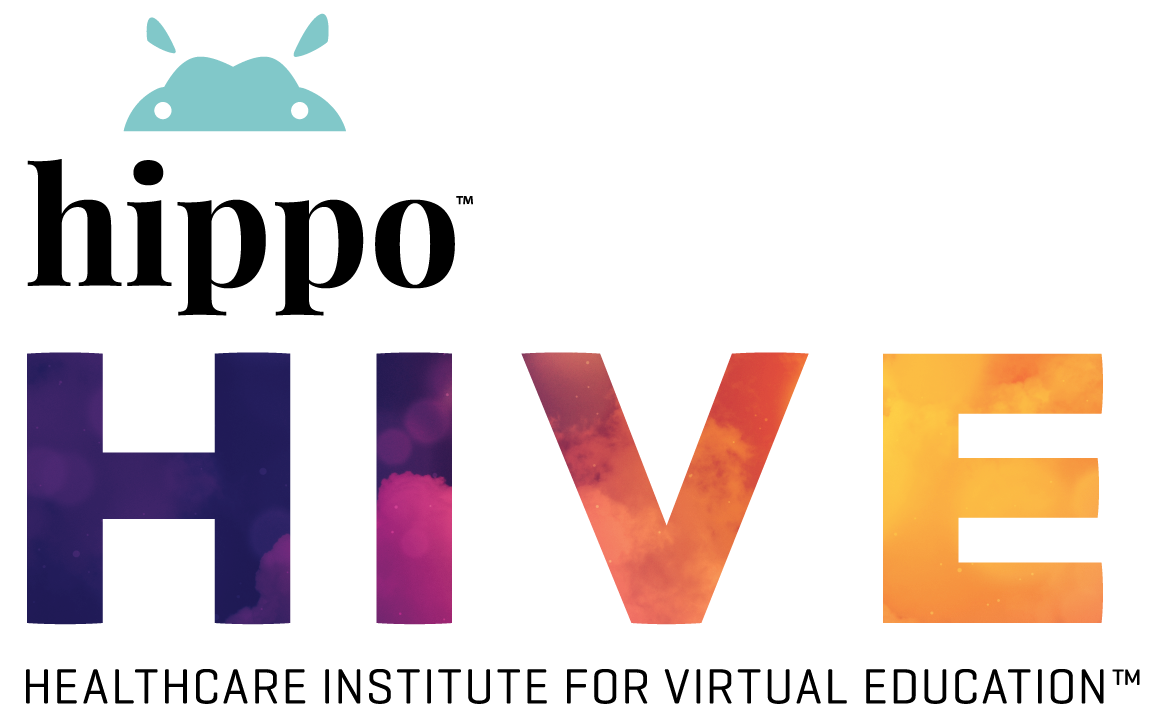New research could influence improvements in the use of immersive technologies, such as Virtual Reality (VR) and Augmented Reality (AR), in healthcare education and training.
The report, ‘Immersive technologies in healthcare training and education: Three principles for progress’, has been published by the University of Leeds, with input from a range of academics, technologists, and health professionals. The research argues for greater standardisation of how to use immersive technologies in healthcare training and education.
The principles have also been expanded upon in a letter to the journal BMJ Simulation and Technology Enhanced Learning.
VR training for dentistry students
The University of Huddersfield has also been a major contributor to the report, having conducted research over several years. The research team was made up of Professor David Peebles, Director of the University’s Centre for Cognition and Neuroscience, Huddersfield PhD graduate Matthew Pears, Huddersfield PhD researcher Yeshwanth Pulijala, and Professor Eunice Ma, now with Falmouth University. For their research, they visited seven dental schools in India in early 2017 to test their VR-based training materials on students. The experience gained from that visit contributed to both researchers’ PhDs, and ultimately led to the involvement of Professor Peebles and Matthew Pears in the new report.
Professor Peebles explained: “It’s about developing a set of principles and guidelines for the use of immersive technology in medical treatment. Immersive technology is becoming increasingly popular and, as the technology is advancing, it’s becoming clear that there is great potential to make training more accessible and effective.
“It is important, however, that research is driven by the needs of the user and existing evidence rather than the technology. Rather than thinking ‘we have a new bit of VR or AR kit, what can we do with it?’, we should be looking at the problem that needs solving – what are the learning needs, so how do we use technology to solve it?
“Developing immersive training materials can be very time-consuming and difficult to evaluate properly. Getting surgeons and medical students to take time out to test your VR training is challenging. In our case we were lucky to have a surgeon, Professor Ashraf Ayoub, a Professor of Oral and Maxillofacial Surgery at the University of Glasgow, who granted us permission to film a surgical procedure that was then transformed into a 3D environment to train students about situation awareness while in the operating theatre.”
Future research
Professor Peebles hopes the work so far will provide a basis for future investigations to help utilise VR and immersive technology to its full potential.
“Conducting these kinds of studies is difficult to do well, in particular getting sufficient quantitative data that allows you to rigorously evaluate them.
“As the report recommends, more collaboration is required to pool technological and intellectual resources, to try to develop a set of standards and a community that works together to boost and improve research in this area,” Professor Peebles added.
